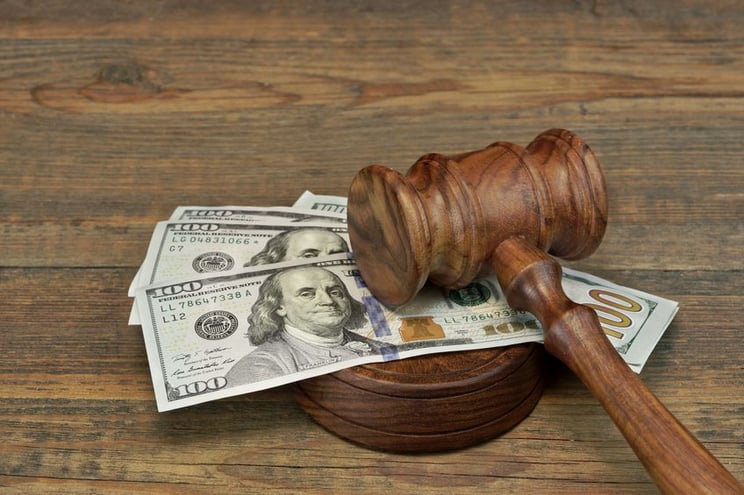
There are roughly 1 million bankruptcy filings in the United States every year. In some cases, debtors act fraudulently. While bankruptcy fraud is believed to occur in perhaps 10% of all bankruptcy cases, it is pursued in only a very small number of cases. How does bankrupcty fraud occur, and what can you do about it if you are harmed by the fraud?
In bankruptcy actions, debtors must disclose all of their assets. They may also be required to reorganize their businesses or consolidate or liquidate assets to satisfy creditors and regain some financial stability to further deal with their debts. In exchange, the bankruptcy laws can provide debtors with foreclosure protection, protection from vehicle repossession, prevention from collectors’ activities while their bankruptcy cases are resolved, and even debt reduction.
It is a crime for a debtor to intentionally and fraudulently (with intent to deceive) conceal property; make false statements; fraudulently transfer money or property; or conceal, destroy or falsify information. Bankruptcy fraud may constitute a federal crime subject to imprisonment or serious fines. In addition, a third party that knowingly receives any funds from a debtor, or who assists a debtor in committing any of the above acts, can also be prosecuted.
If a creditor or “bankruptcy trustee” assigned to a case suspects debtor fraud, but lacks sufficient evidence to prove it, the bankruptcy laws provide them with the right to investigate, including the right to obtain documents. If there is sufficient information to support a fraud claim, the creditor or trustee (or any interested party for that matter) can file an “adversary proceeding” lawsuit within the bankruptcy case. This process can be used to:
- Recover property and assets that were sold for less than full value;
- Recover property and assets wrongfully taken by other creditors or third persons;
- Determine the validity, priority and extent of liens and security interests fraudulently placed on bankruptcy assets;
- Obtain and disclose hidden property from third persons’ possession; or
- Receive a temporary injunction to prevent certain assets from being transferred.
What can you do if you suspect bankruptcy fraud? You can report it the Office of the U.S. Trustee of the Department of Justice via email to: USTP.Bankruptcy.Fraud@usdoj.gov or by regular mail to: Executive Office for U.S. Trustees, Office of Criminal Enforcement, 441 G Street NW, Suite 6150, Washington, DC 20530. Alternatively, information regarding the fraud can be sent directly to the local office of the United States Trustee. The list of addresses and other contact information is available here.
The information to be provided includes:
- Name and address of the person/business you are reporting.
- The name of the bankruptcy case, case number, and court where the case was filed.
- Any identifying information you may have regarding the individual or business.
- A brief description of the alleged fraud, including how you became aware of the fraud and when the fraud took place, along with supporting documentation.
- The type of asset at issue and its estimated dollar value, or the amount of any unreported income, undervalued asset or other omitted asset or claim.
- Your name, address, telephone number and email address (optional - if you provide your contact information, you may be contacted for additional information).
For more information on this article, be sure to check the Trial Lawyer on Your Side blog or contact the Goosmann Law Firm at info@goosmannlaw.com or (712) 226-4000.






Let Us Know What You Thought about this Post.
Put your Comment Below.